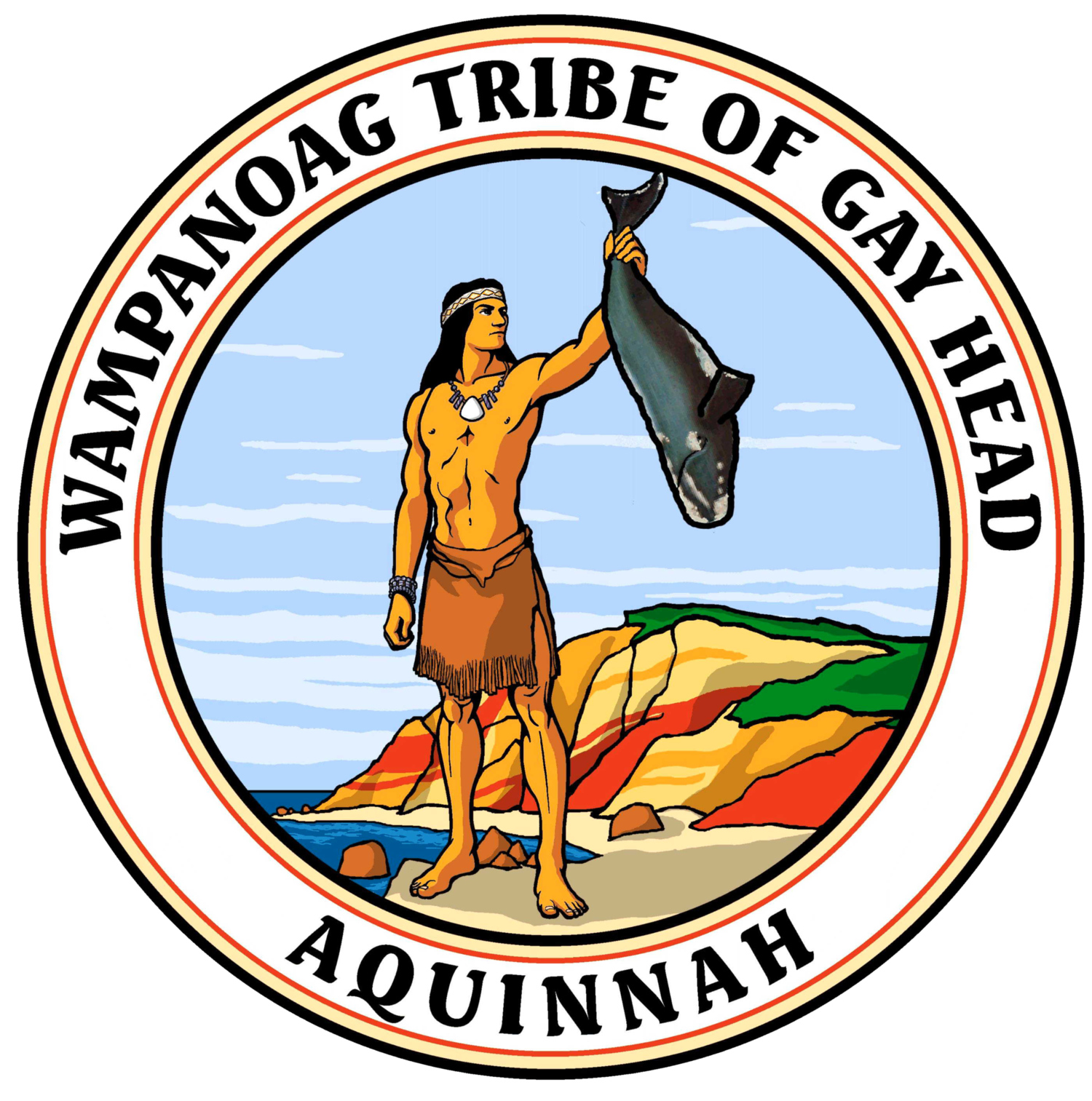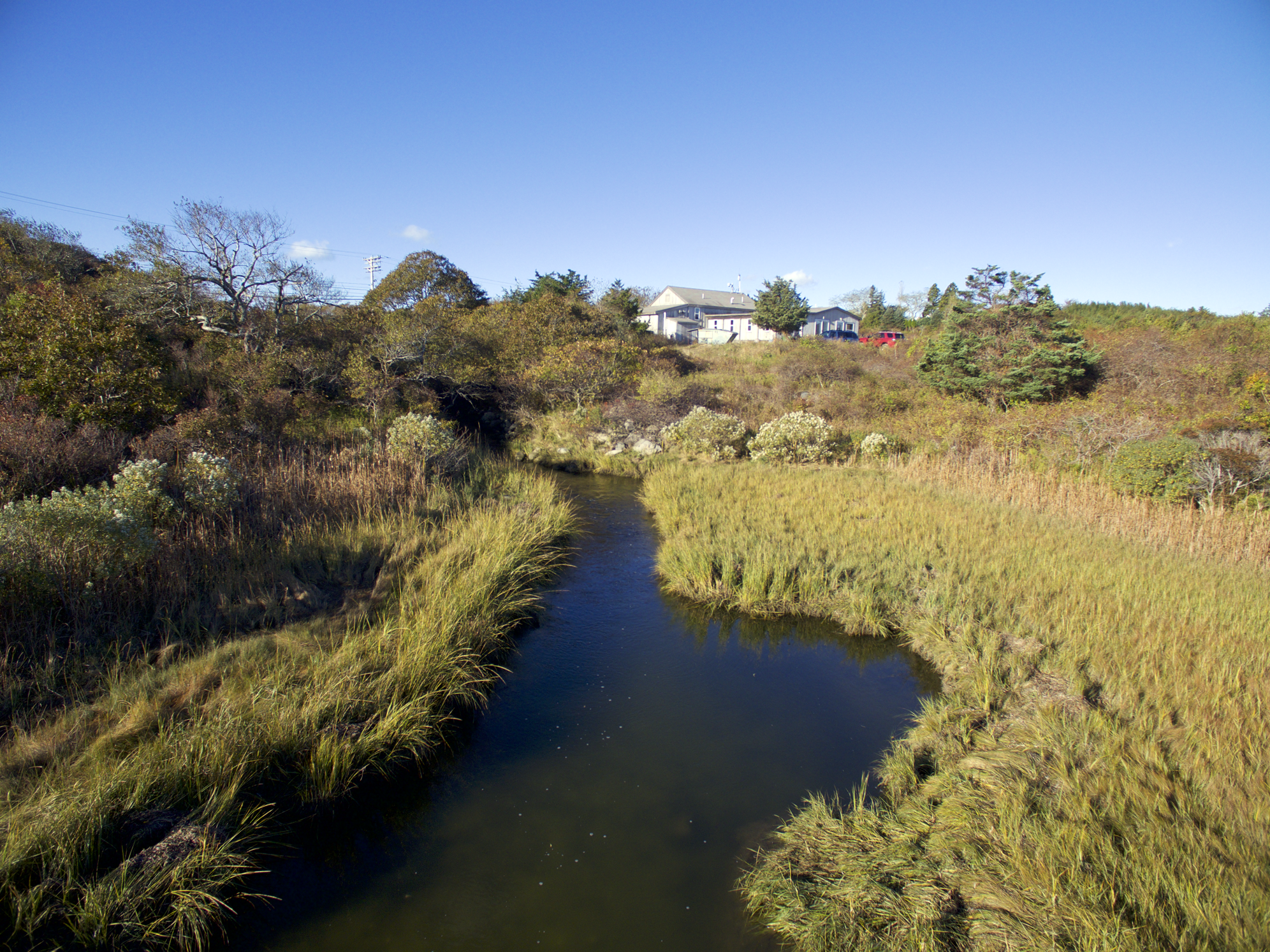
Tribal Lands
The Tribe is the steward of 500 acres of Tribal lands, and the vast majority of it is undeveloped. These Lands are culturally essential to the Tribe, and as such the environmental health of these lands is critical. As stewards of the land the Natural Resources Department has a forestry program to protect the biological integrity of Tribal Lands. This program includes traditional forestry and fire management plan to maintain the health of wooded areas, as well as clearing and care of cranberry bogs, and replanting of beach grass in the Common Lands in Lobsterville.
Removal of invasive species is one area of particular emphasis, as exotic species can have detrimental effects on native wildlife and increase fire danger.
One fine by-product of the forestry program is that the Department is often in the position to assist Tribal members with firewood in cold weather.
gay head cliffs
cranberry bogs
The Natural Resources Department is charged with the management of our naturally occurring cranberry bogs. The bogs are located on a property that has been left in its natural state and supports primary sustenance foods including over 30 acres of natural cranberry bogs, beach plums, rose hips, high bush and low lying blueberry, sassafras, and traditional medicinal plants.
The Wampanoag Tribe’s cranberry bogs are an important part of Tribal culture and history. Every year, the Tribe celebrates the traditional cultural holiday known as Cranberry Day on the second Tuesday in October. On this day, our Tribal youth are excused from school and families gather in the cranberry bogs to celebrate the harvest the wild cranberries.
Working to restore and preserve the culturally important cranberry bogs is a critical project that also benefits water quality and removes invasive species. By thinning vegetation in the bogs, the cranberry harvest has dramatically increased.
herring creek
The Tribe manages a natural herring run on Tribal lands. Historically and culturally a critical species, herring numbers have declined to the point where commercial harvesting has been prohibited. The Department is investigating ways to enhance herring populations.




